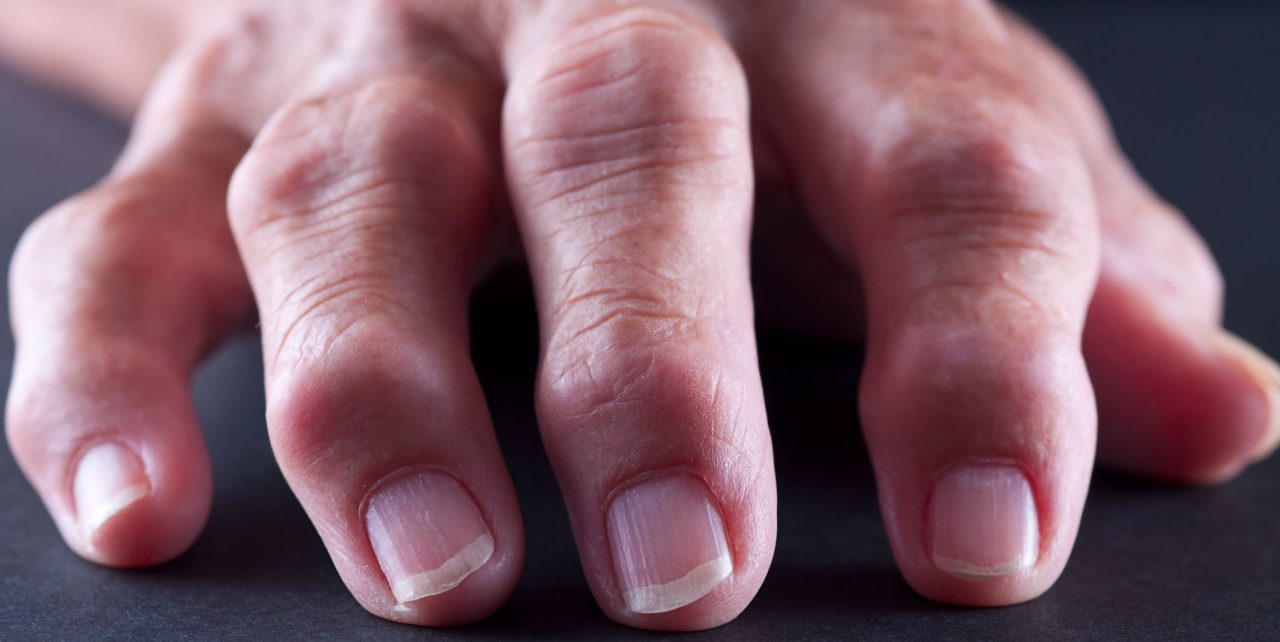Osteoarthritis Causes

Do you know the causes and risks of osteoarthritis? Learn whether injury, genetics, weight, and aging can be osteoarthritis causes.
Osteoarthritis causes
Osteoarthritis, or OA, is a degenerative condition caused by the breakdown of cartilage and ligaments in joints. It becomes more common as you age, is more likely to occur in people who are overweight or obese, and often affects athletes or those with previous joint injuries.
But are these connections osteoarthritis causes or risk factors?
YOU MIGHT ALSO LIKE: Symptoms of Osteoarthritis
A risk factor makes you more likely to develop a disorder, while a cause directly results in that diseases affecting your body. For example, osteoarthritis was long believed to be caused by the normal wear and deterioration of joints over time. Medical understanding of OA has changed, however, and aging is now considered a risk factor for osteoarthritis but not an inevitable cause.
The Arthritis Foundation reports that osteoarthritis is usually caused by medical and lifestyle factors, including previous injuries, joint use, and genetic variations.
Joint injury and osteoarthritis causes
Injury and repetitive strain to your joints can cause what is known as posttraumatic osteoarthritis. This type of OA occurs when previous damage to the tissue in a joint leads to that tissue wearing down over time. Strain or injuries that are accompanied by a high degree of inflammation or that cause chronic symptoms after the injury heals are more likely to lead to osteoarthritis later in life.
Studies have shown that this type of osteoarthritis is common in athletes who have suffered joint injuries. It is also seen in people whose work requires repetitive motion and joint strain, including squatting and kneeling.
Genetic osteoarthritis causes
Osteoarthritis runs in families, which indicates that some osteoarthritis causes are genetic. Research teams have separately confirmed a total of 11 genetic variables that can cause you to develop OA. Scientists have speculated that these genes may affect cartilage density, joint strength, and bone formation, as well as your likelihood of developing inflammatory or metabolic diseases, all of which can cause osteoarthritis.
Ethnicity also plays a role in genetic causes of osteoarthritis. A study published in the Journal of Bone and Joint Surgery found that primary OA in the hip occurs at a rate of 3 to 6 percent among populations with European ancestry but is incredibly rare for non-Europeans. This indicates that hip osteoarthritis is caused by a separate genetic variable found in European populations.
Does obesity cause osteoarthritis?
Obesity is considered one of the greatest risk factors for osteoarthritis. One study found that people categorized as obese (having a body mass index over 30) were 6.8 times more likely to have osteoarthritis in their knees than a normal-weight control group.
Obesity does put increased strain on your joints, and studies have found that obese people with osteoarthritis often experience more pain and a more limited range of movement than people who have OA and a lower body mass.
However, some researchers believe that this may be because the genetic and metabolic causes of obesity also cause osteoarthritis.
Research has shown a link between inflammatory and metabolic diseases like type 2 diabetes, which is also more common in obese individuals, and osteoarthritis. However, this link appears to be independent of body mass, indicating that obesity may be a related disorder caused by the same metabolic factors as type 2 diabetes. Other research has found a relationship between high body mass and osteoarthritis of the hands and knees, but not osteoarthritis in the hips.
Obesity and osteoarthritis are strongly connected. Obesity can make symptoms of osteoarthritis worse and increases your likelihood of physical disability from OA. High body mass can make it harder for you to exercise, and movement is a known treatment for osteoarthritis. Lower weight also is directly linked to a lower risk for OA, and if you already have joint damage losing weight can improve your symptoms.
Updated:
March 18, 2020
Reviewed By:
Christopher Nystuen, MD, MBA